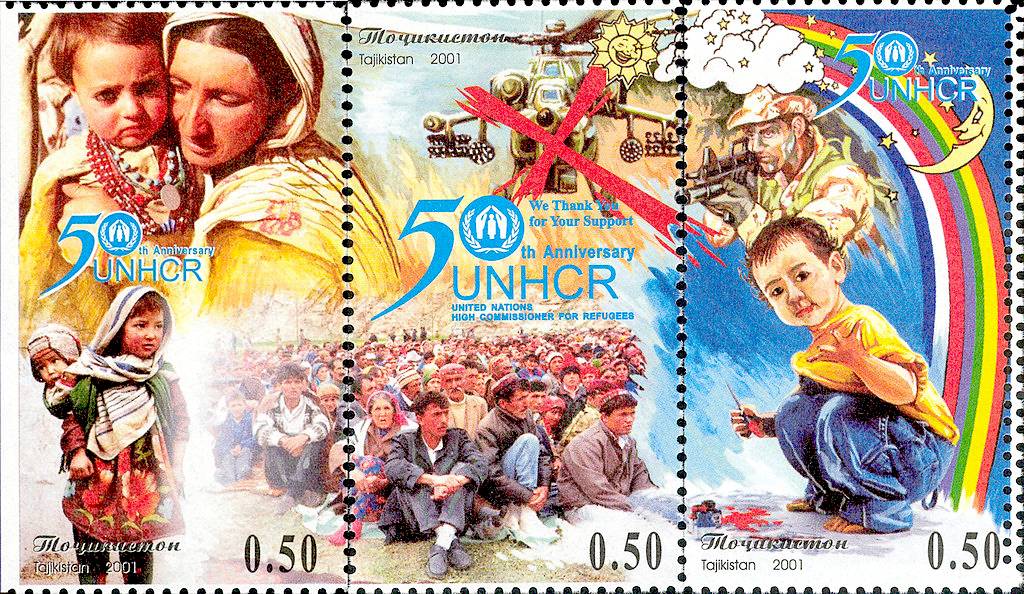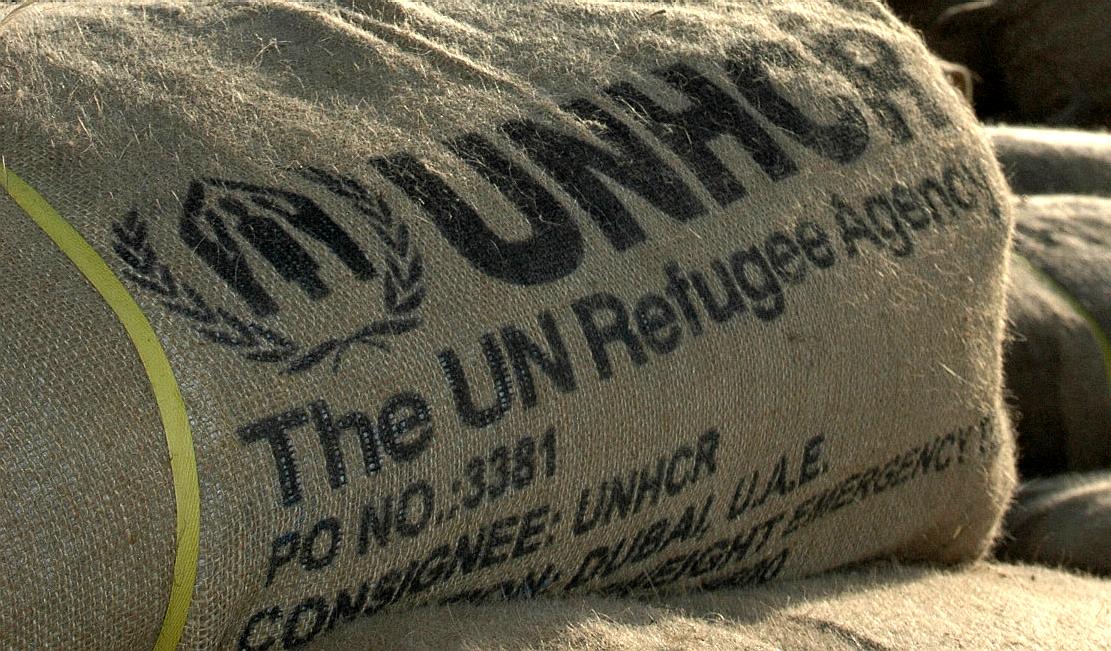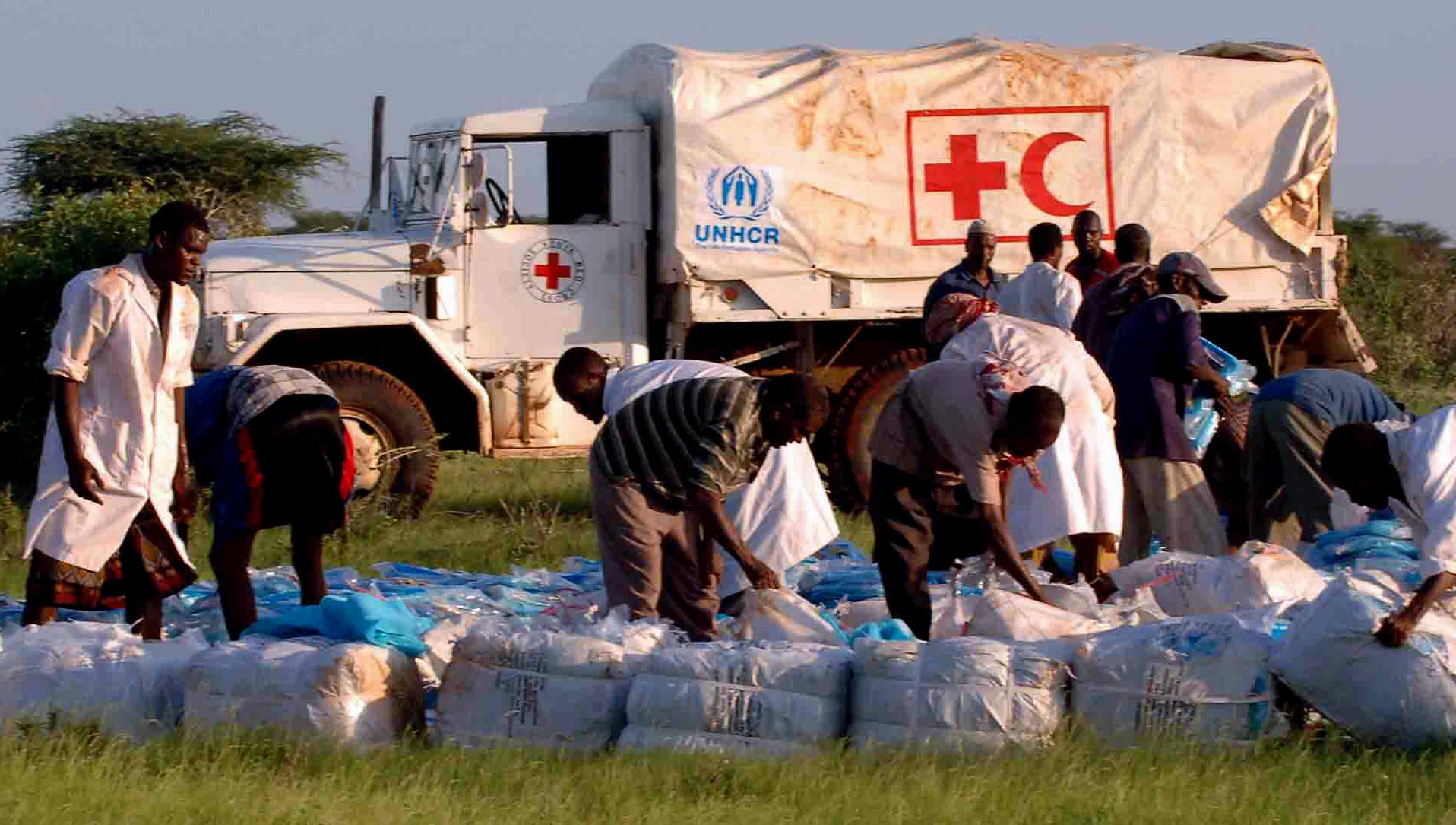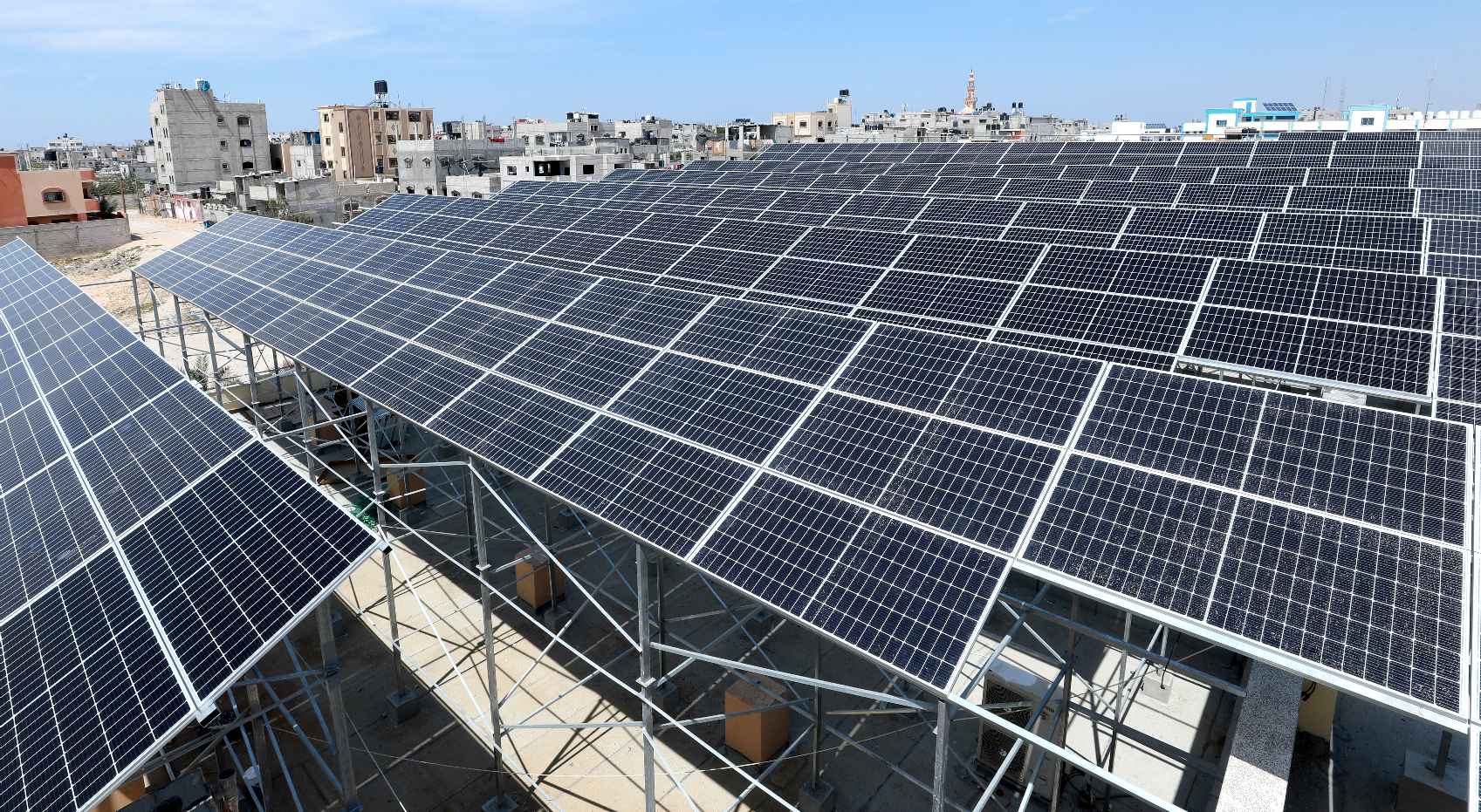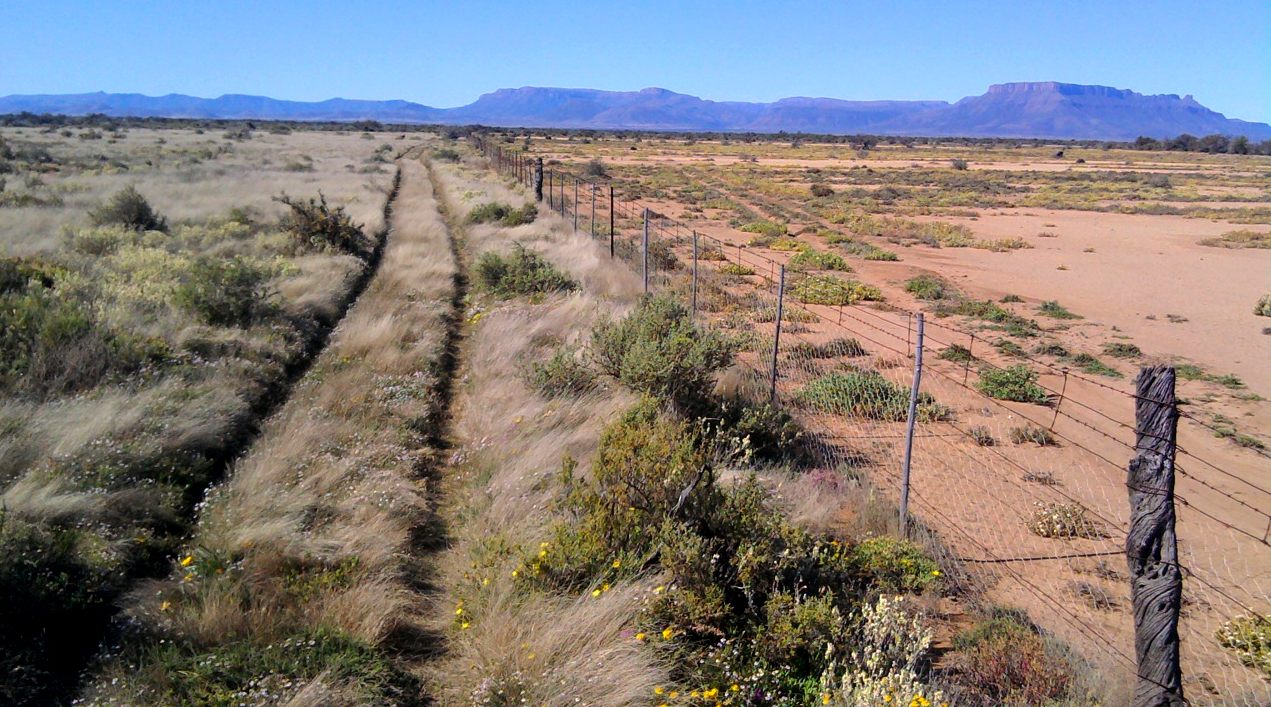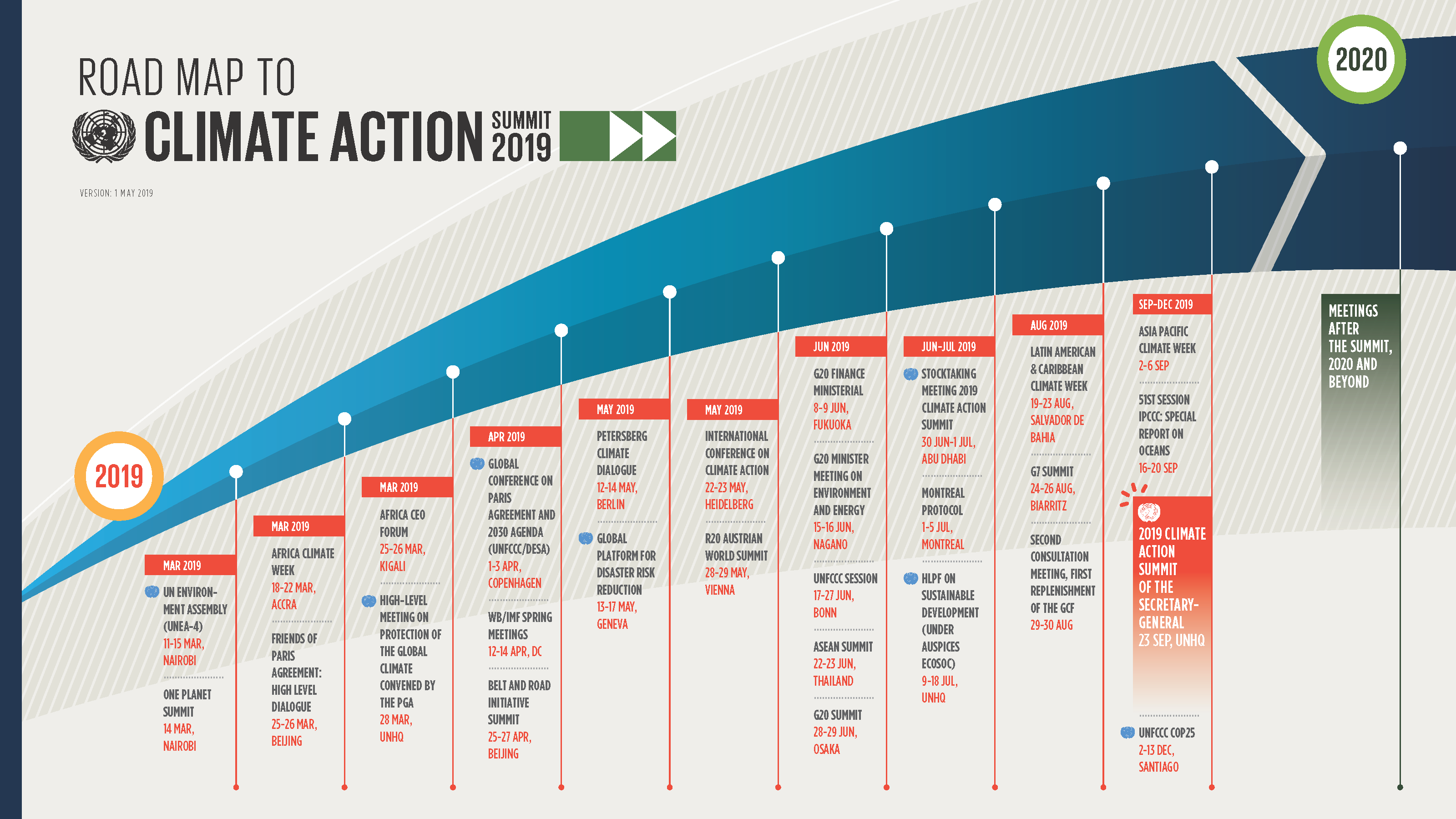|
UN UNITED NATIONS - CLIMATE & OCEANS ASSOCIATION
Please use our A-Z INDEX to navigate this site
|
||||||||||||||||||||||||||||||||||||||||||||||
One of the purposes of the United Nations (as stated in its Charter) is "to achieve international co-operation in solving international problems of an economic, social, cultural, or humanitarian character." The UN first did this in the aftermath of the Second World War on the devastated continent of Europe, which it helped to rebuild. The Organization is now relied upon by the international community to coordinate humanitarian relief operations due to natural and man-made disasters in areas beyond the relief capacity of national authorities alone.
Where they may have got off to a good start they seem to have taken their eyes off the ball to the extent that we now have rapidly melting ice caps, rising sea levels and spreading deserts on a grand scale, not to mention mass species extinctions. This appears to be because the Parties refused to tackle their fossil fuel dependence in good time - allowing oil cartels, auto makers and shipbuilders to run riot with products that pollute the planet.
UN officials did not have the guts to insist on action, allowing things to drift and drift and drift a bit more until now it could be too late. It is certainly too late for the hundreds of species that the G20 and another 177 member states have allowed to be exterminated. Apologies to those nations who did have what it takes to speak out against these crimes.
FOOD AID - Grain is delivered to refugee camps when people are displaced by war or natural disasters.
OCHA and the UN system
The Office for the Coordination of Humanitarian Affairs (OCHA) of the UN Secretariat is responsible for coordinating responses to emergencies. It does this through the Inter-Agency Standing Committee, whose members include the UN system entities most responsible for providing emergency relief. A coordinated, system-wide approach to humanitarian relief is essential in providing assistance quickly and efficiently to those in need.
The UN Central Emergency Response Fund (CERF), managed by OCHA, is one of the fastest and most effective ways to support rapid humanitarian response for people affected by natural disasters and armed conflict. CERF receives voluntary contributions year-round to provide immediate funding for life-saving humanitarian action anywhere in the world.
What key UN entities deliver humanitarian aid?
Four UN entities, the United Nations Development Programme (UNDP), the United Nations Refugee Agency (UNHCR), the United Nations Children's Fund (UNICEF) and the World Food Programme (WFP) have primary roles in the delivery of relief assistance. UNDP is the agency responsible for operational activities for natural disaster mitigation, prevention and preparedness. When emergencies occur, UNDP Resident Coordinators coordinate relief and rehabilitation efforts at the national level.
Helping refugees
The UN Refugee Agency (UNHCR) emerged in the wake of World War II to help Europeans displaced by that conflict. The agency leads and co-ordinates international action to protect refugees and resolve refugee problems worldwide. The General Assembly created the United Nations Relief and Works Agency for Palestine Refugees in the Near East (UNRWA) to provide emergency relief to some 750,000 Palestine refugees, who had lost their homes and livelihoods as a result of the 1948 Arab-Israeli conflict. Today, some 5 million Palestine refugees are eligible for UNRWA services.
The UN General Assembly hosted a high-level meeting on 19 September 2016 to address large movements of refugees and migrants, with the aim of bringing countries together behind a more humane and coordinated approach.
Helping Children
Since its beginning, The United Nations Children's Fund (UNICEF) has strived to reach as many children as possible with effective, low-cost solutions to counter the biggest threats to their survival. UNICEF also consistently urges governments and warring parties to act more effectively to protect children.
Feeding the Hungry
The World Food Programme (WFP) provides relief to millions of people, who are victims of disasters. It is responsible for mobilizing food and funds for transport for all large-scale refugee-feeding operations managed by UNHCR.
The Food and Agriculture Organization of the United Nations (FAO) is often called on to help farmers re-establish production following floods, outbreaks of livestock disease and similar emergencies. The FAO Global Information and Early Warning System issues monthly reports on the world food situation. Special alerts identify, for Governments and relief organizations, countries threatened by food shortages.
Healing the Sick
The World Health Organization (WHO) coordinates the international response to humanitarian health emergencies. WHO is responsible for providing leadership on global health matters, shaping the health research agenda, setting norms and standards, articulating evidence-based policy options, providing technical support to countries and monitoring and assessing health trends. In the 21st century, health is a shared responsibility, involving equitable access to essential care and collective defence against transnational threats.
Protecting World Heritage
A World Heritage Site is a landmark or area with legal protection by an international Convention administered by the United Nations Educational, Scientific and Cultural Organization (UNESCO). World Heritage Sites are designated by UNESCO for having cultural, historical, scientific or other form of significance. The sites are judged to contain "cultural and natural heritage around the world considered to be of outstanding value to humanity".
WHO JUNE 2019 - A newly installed solar power plant in the Gaza Strip, Occupied Palestinian Territory (OPT), will reduce Nasser Hospital’s reliance on donated fuel and, by providing life-saving interventions, help build resilience. This is according to the World Health Organization (WHO).
17 June 2019, Gaza -
WHO and implementing partners inaugurated the newly installed solar power plant at Nasser hospital in the Gaza Strip.
RESOLUTIONS @ REGULAR SESSIONS
DESERTIFICATION COP HISTORY
UN SUMMIT CLIMATE CHANGE - Global emissions are reaching record levels and show no sign of peaking. The last four years were the four hottest on record, and winter temperatures in the Arctic have risen by 3°C since 1990. Sea levels are rising, coral reefs are dying, and we are starting to see the life-threatening impact of climate change on health, through air pollution, heatwaves and risks to food security.
CLIMATE CHANGE COP HISTORY
A - Z INDEX UN WATCHDOGS
Air quality Anthropocene - The present age of man wreaking havoc on the planet António Guterres - UN Secretary General Banks - Banking on valueless paper currencies (fraud) is fueling global warming Bioaccumulation Biodiversity Cannibalism - A social taboo, but in times of mass starvation, a last source of protein! Careers Climate Change, Conferences of the Parties (COPs) COP1, COP2, COP3, COP4, COP5, COP6, COP7, COP8, COP9, COP10, COP11 COP12, COP13, COP14, COP15, COP16, COP17, COP18, COP19, COP20, COP21 COP22, COP23, COP24, COP25, COP26, COP27, COP28, COP29, COP30, COP31 COP 32, COP33, COP34, COP35, COP36, FINI Coronavirus, Covid19 - Cure Countdown to Extinction - 10 years and counting to theoretical non-reversibility Desertification Devaluation - A way to cool economies Electricity - Clean energy Energy - Renewables ESA Extinction Rebellion Extinctions Financial Slavery Food and Agriculture Organization - Security - Qu Dongyu Food Standard - A proposal to link money to actual food production Funding - Budget contributions and deficits Geneva Convention Gold - Standard, linking paper money to a tangible asset Greta Thunberg Hague Human Rights - Universal Declaration International - Agreements, Monetary Fund Justice, International Courts, The Hague Kitack Lim - Secretary General of the UN's International Maritime Organization Kleptocrats Life on Earth Maritime Organization, International, IMO Member Nations NASA Oceans Planet Earth Act Plastics Quality of Life Satellites Security Council Seventy-Fifth 75th anniversary of the United Nations Silver Standard - Money system with a real value, over valueless promissory notes Space Travel - Colonization, Exodus Sustainability Development Goals (SDGs), United Nations blueprint for 2030: SDG1, SDG 2, SDG3, SDG4, SDG5, SDG6, SDG7, SDG8, SDG9, SDG10, SDG11, SDG12, SDG13, SDG14, Transport - Infrastructure, Mobility UN75 - United Nations 75th Anniversary Anna Nsubuga, Maxim Polya-Vitry, Professor Anne Anderson (Chair), Professor David Drewry, Dan O’Connor, Charlotte Joy, Joseph Nhan-O’Reilly, Mike Robertson, James Bridge, Matthew Rabagliati, Charlie Kennedy, Liam Smyth, Nushin Hussain, Alison Smedley, Dave Chapman, Aisling Parrish, John Carmichael, Andrew Mailing, United Nations - Climate Change Conferences of the Parties, COP26 Glasgow, Scotland Agriculture, G20, Housing, IMF, Industry, Politics, Renewable Energy, COP26: Argentina, Australia, Brazil, Canada, China, EU, France, Germany, India, Indonesia, Italy, Japan, Mexico, Russia, Saudi Arabia, South Africa, South Korea, Turkey, UK, USA Universal Declaration of Human Rights 1948 - United Nations, Article 1, Article 2, Article 3, Article 4, Article 5, Article 6, Article 7, Article 8, Article 9, Article 10, Article 11, Article 12, Article 13, Article 14, A 15, A 16, A 17, A 18, A 19, A 20, A 21, A 22, A 23, A 24, A 25, Volunteers Watchdogs - Telling it like it is Work World Health Organization - Director Generals X Chapter - Economic and Social Council Yes - It's time to stop the clock Zero Carbon Zero Emissions
UN CONTACTS
WHO oPt office
LINKS & REFERENCES
https://www.
|
||||||||||||||||||||||||||||||||||||||||||||||
|
This website is provided on a free basis as a public information service. copyright © Climate Change Trust 2025. Solar Studios, BN271RF, United Kingdom.
|
